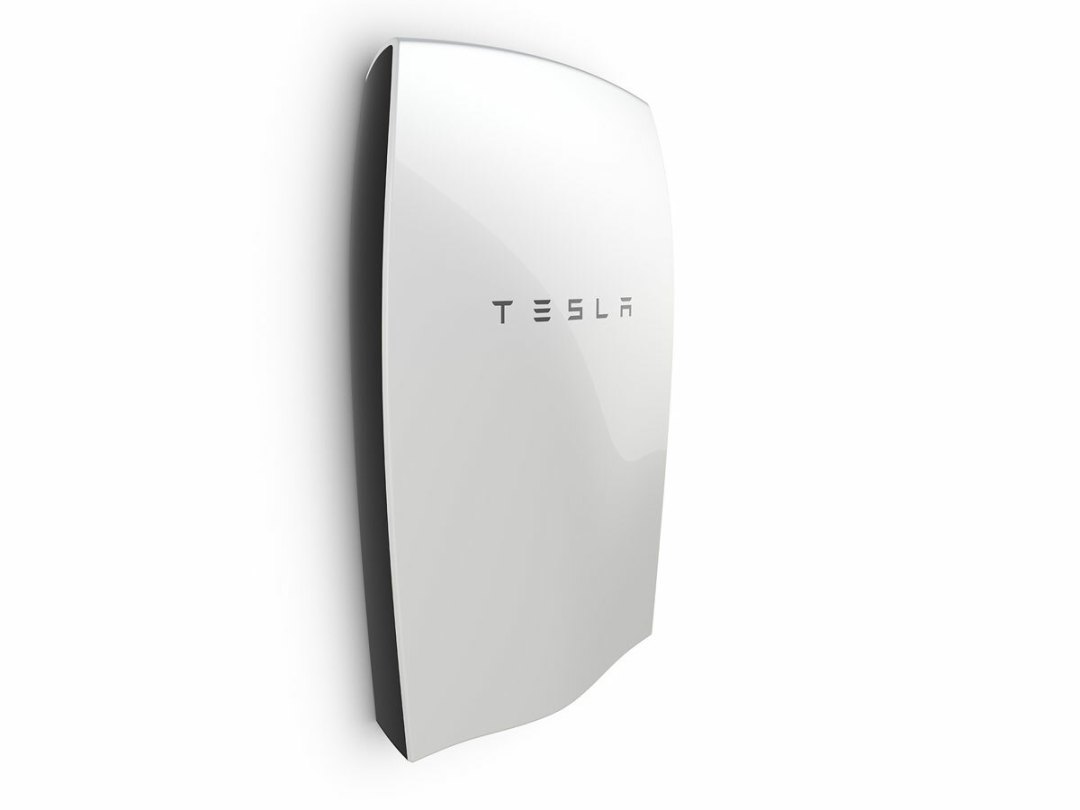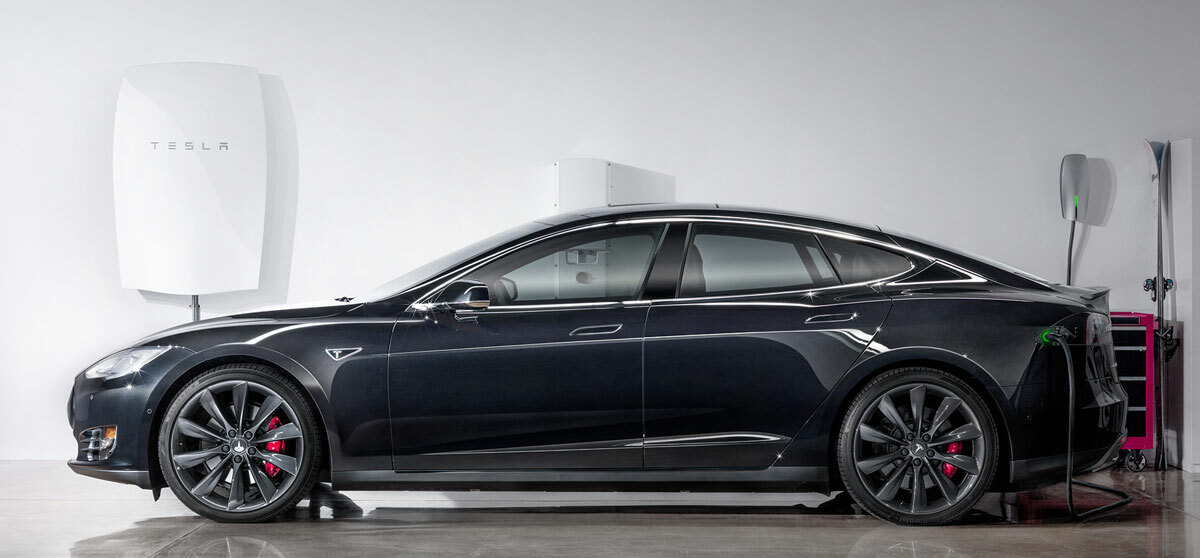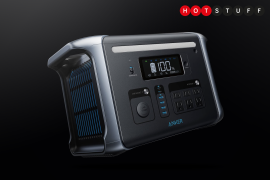Tesla Energy batteries – your home’s next clean power source?
Tesla is no longer just a car manufacturer; it’s an energy company

As expected, Tesla has this week launched a suite of batteries, dubbed Tesla Energy.
Using the same bleeding edge power management technology as the batteries in Tesla’s electric cars, Tesla Energy is designed to help homes and businesses move away from the old power supply model and usher in a cleaner, more efficient and more sustainable way of using electricity.
The model that’ll probably be most interesting to Stuff readers is the Tesla Powerwall, a lithium-ion battery designed specifically for the home. At just 130 x 86 x 18cm and 100kg it’s small and lightweight enough to install in your garage, cellar or utility room, and will be priced at US$3,500 (£2,285) for a 10kWh model and US$3,000 (£1,960) for a 7kWh model when it launches this summer.
That price doesn’t include installation or a DC-AC power inverter (anybody who has a solar cell array at home will already have one of these). Tesla says the battery is compatible with a “growing list” of inverters, and has partnered with inverter supplier SolarEdge for launch. That company’s 8kWh and 10kWh converters cost around £1,200 and £1,300 respectively in the UK, so the outlay for a Powerwall isn’t peanuts.

The idea, of course, is that it’s an investment that’ll save you lots of money in the long run. If you have a solar array at home, the battery can store surplus power generated during the day to use later when the sun no longer has his hat on. It also enables load shifting with power from your grid supplier, charging up at off-peak times when energy is at its cheapest and then using this stored electricity during peak hours.
It can also act as a backup power source in the event of a power cut or brownout. The 10kWh model is designed primarily with backup in mind, while the 7kWh model is optimised for daily usage. To give you some idea of how much power 7kWh is, it could be used to run three cycles on a washing machine, run a flat panel TV for 70 hours or a refrigerator for 35 hours.
Tesla doesn’t just envision homes benefitting from its battery technology. It’s also building batteries for businesses and utility suppliers that will allow larger-scale backup and smooth supply during periods of high energy use. And again, save money while being sustainable.
It’s no exaggeration to say that Tesla is not simply a car company anymore. It’s now a sustainable energy company too.
[Source: Tesla Motors]



